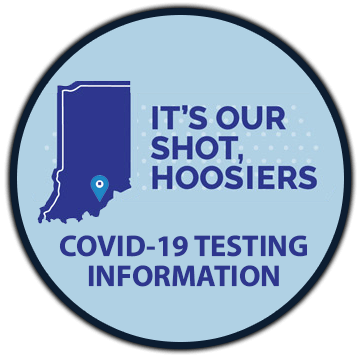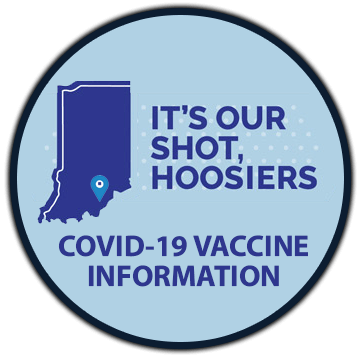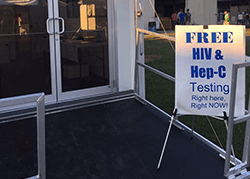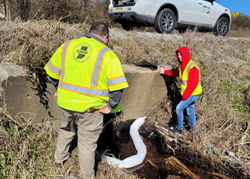Almost everyone has had the unpleasant experience of being bitten by a mosquito. Mosquito bites can cause skin irritation through an allergic reaction to the mosquito's saliva - this is what causes the red bump and itching. But a more serious consequence of some mosquito bites may be transmission of serious diseases and viruses such as malaria, dengue virus, Zika and West Nile virus, which can lead to disabling and potentially deadly effects (such as encephalitis, meningitis and microcephaly).
Not only can mosquitoes carry diseases that afflict humans, but they also can transmit several diseases and parasites that dogs and horses are very susceptible to. These include dog heart worms, eastern equine encephalitis and West Nile virus.
Identifing Mosquito Habitats
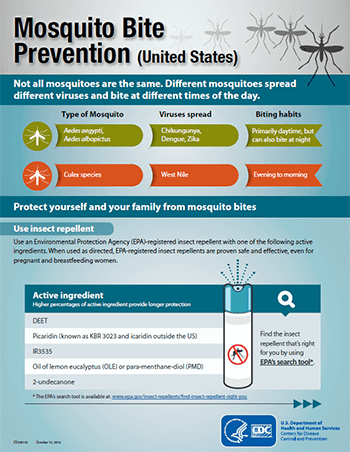 Different species of mosquitoes prefer different types of standing water in which to lay their eggs. The presence of beneficial predators such as fish and dragonfly nymphs in permanent ponds, lakes and streams help keep these bodies of water relatively free of mosquito larvae. However, portions of marshes, swamps, clogged ditches and temporary pools and puddles are all prolific mosquito breeding sites. Other sites in which some species lay their eggs include:
Different species of mosquitoes prefer different types of standing water in which to lay their eggs. The presence of beneficial predators such as fish and dragonfly nymphs in permanent ponds, lakes and streams help keep these bodies of water relatively free of mosquito larvae. However, portions of marshes, swamps, clogged ditches and temporary pools and puddles are all prolific mosquito breeding sites. Other sites in which some species lay their eggs include:
- tree holes
- old tires
- gutters
- buckets
- toys
- potted plant trays and saucers
- plastic covers or tarpaulins and even places as small as bottle caps
Avoid Getting Bitten
- Keep mosquitoes away from exposed skin by wearing long-sleeved shirts, long pants, and socks.
- Tuck shirts into pants and pants into socks to cover gaps in your clothing where mosquitoes can get to your skin.
- Stay indoors when possible, especially if there is a mosquito-borne disease warning in effect.
- Use EPA-registered mosquito repellents when necessary and follow label directions and precautions closely.
- Use head nets, long sleeves and long pants if you venture into areas with high mosquito populations, such as salt marshes.
- Replace your outdoor lights with yellow "bug" lights, which tend to attract fewer mosquitoes than ordinary lights. The yellow lights are NOT repellents, however.
Use Insect Repellent
Use EPA Registered insect repellents with one of the active ingredients below. When used as directed, EPA-registered insect repellents are proven safe and effective, even for pregnant and breastfeeding women.
- DEET
- Picaridin (known as KBR 3023 and icaridin outside the US)
- IR3535
- Oil of lemon eucalyptus (OLE) or para-menthane-diol (PMD)
- 2-undecanone
General Tips for Applying Insect Repellent
Tips for Everyone
- Always follow the product label instructions.
- Reapply insect repellent as directed.
- Do not spray repellent on the skin under clothing.
- If you are also using sunscreen, apply sunscreen first and insect repellent second.
Tips for Babies & Children
- Always follow instructions when applying insect repellent to children.
- Do not use insect repellent on babies younger than 2 months old.
- Do not apply insect repellent onto a child’s hands, eyes, mouth, and cut or irritated skin.
- Adults: Spray insect repellent onto your hands and then apply to a child’s face.
- Do not use products containing oil of lemon eucalyptus (OLE) or para-menthane-diol (PMD) on children under 3 years old.






